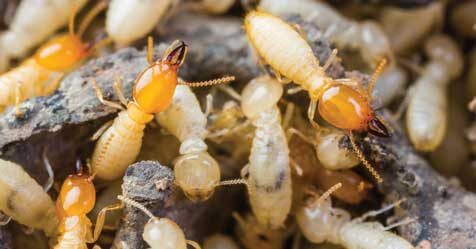Historic Woman’s Study Threatened
NIH plans to cut funding to a research project focused on preventing disease in older women
Since the U.S. Department of Health and Human Services’ announcement of the funding cuts to the Women’s Health Initiative (WHI) on April 21, reports in the media that this decision to terminate funding cuts was reversed have circulated. As of April 25, WHI has not received confirmation from National Institutes of Health (NIH) in any form that this is the case, and this leaves the study in a place of uncertainty. Since the onset of the Trump administration, NIH has made substantial cuts of grants that fund scientific research across all types of studies.
For decades, the WHI—conducted by the NIH—has tracked the health of thousands of women to study how to reduce the risk of cancer, cardiovascular disease, osteoporosis, and more in women after menopause. The research had contributed to more than 2,400 scientific publications overall, shaping clinical practice and public health policies in the U.S., including the finding that vitamin D does not help prevent bone loss.
WHI investigators have fielded numerous questions and received many messages of support from a wide range of stakeholders—study participants, colleagues, former staff, professional societies, foundations, legislators, and the public.
Still, WHI was initially given verbal notice about two weeks ago of the decision that Regional Center contracts would terminate in September 2025. Formal notice was to follow. Shortly thereafter WHI received an email confirming that these funding decisions had been approved by NIH leadership. WHI has not yet received this formal notice. WHI believes NIH gave advance notice so that it could plan for an orderly study close-out process—something that takes months to implement in a large study such as the WHI.
WHI’s approach is to proceed with the latest information that was given, while remaining hopeful that public statements will become official actions. WHI will continue to follow its dedicated participants and support this unparalleled research infrastructure for as long as it is able.
Additionally, WHI investigators will attend its annual meeting in Seattle this week where some of the newest scientific results from WHI will be shared.


